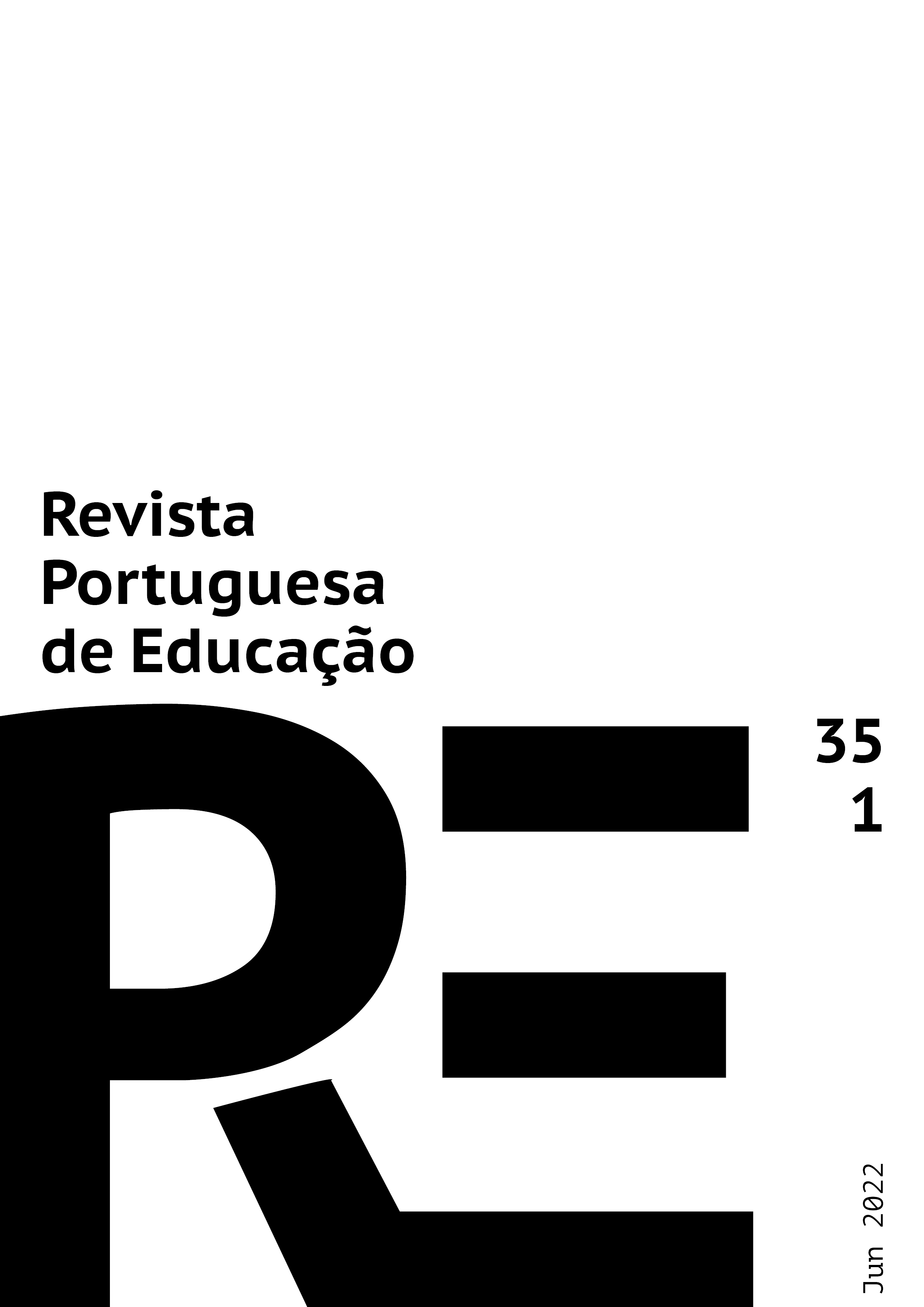The concept of experience in Dewey and Gadamer and its implications for formation
DOI:
https://doi.org/10.21814/rpe.18881Keywords:
Education, Experience, FormationAbstract
This article aims to investigate the concept of experience in the philosophy of Dewey and Gadamer, as well as its implications for formation. Therefore, the question that moves us is: what are the effects of experience on the formation process? Currently, much is said about experience and formation, and from this context comes the need to take a careful look at the elements that are composing these concepts, especially in the field of Education. This is a qualitative study, whose methodological support is the bibliographic research. In this sense, when we seek to create a theoretical map visiting different traditions, we compose the framework that underlies this research, instrumentalizing us with the reading of: Gallo, Heidegger, Hermann, Kneller, Kuhn, Trevisan and, especially, Dewey and Gadamer. Thus, we present as a result the understanding that, be it an extraordinary event or something simple, experience is everything that changes the way of thinking and/or acting of the subject, starting to constitute it differently, therefore forming it.
Downloads
References
Dewey, J. (1959a). Como pensamos. Companhia Editora Nacional.
Dewey, J. (1959b). Democracia e educação. Companhia Editora Nacional.
Dewey, J. (2010). Arte como experiência. Martins Fontes.
Dewey, J. (2011). Experiência e educação. Vozes.
Gadamer, H-G. (2006). O problema da consciência histórica. Editora FGV.
Gadamer, H-G. (2007). Verdade e método II: Complementos e índices. Vozes.
Gadamer, H-G. (2008). Verdade e método I: Traços fundamentais de uma hermenêutica filosófica. Vozes.
Gallo, A. A. (2001). A noção de cidadania em Anísio Teixeira. In 24.ª Reunião anual da ANPED – Associação Nacional de Pós-graduação e Pesquisa em Educação. Retirado em 16/10/2020 de http://www.anped.org.br/sites/default/files/gt02_13.pdf
Heidegger, M. (1967). Sobre o humanismo. Tempo Brasileiro.
Heidegger, M. (2004). Ser e tempo – Parte I. Vozes; Universidade São Francisco.
Heidegger, M. (2005). Ser e tempo – Parte II. Vozes; Universidade São Francisco.
Hermann, N. M. A. (2010). Autocriação e horizonte comum: Ensaios sobre educação ético-estética. Editora Unijuí.
Kneller, G. (2004). Introdução à filosofia da educação. Zahar Editores.
Kuhn, T. S. (2003). A estrutura das revoluções científicas. Perspectiva.
Trevisan, A. L. (2002). Formação cultural e hermenêutica: Leitura de imagens. Educação & Realidade, 27(1), 73-94.
Downloads
Published
How to Cite
Issue
Section
License
Copyright (c) 2022 Portuguese Journal of Education

This work is licensed under a Creative Commons Attribution-ShareAlike 4.0 International License.
1. The authors preserve their authorship and grant the Portuguese Journal of Education the right to the first publication. The work is licensed under Creative Commons Attribution License that allows sharing the work with the acknowledgment of initial authorship and publication in this Journal.
2. The authors have the right to take additional contracts separately, for non-exclusive distribution of the published version of their work (e.g. to deposit in an institutional repository or as a book chapter), acknowledging the initial authorship and publication in this Journal.
3. The authors have the permission and are stimulated to post their work online (e.g. in an institutional repository or on their personal website). They can do this at any phase of the editorial process, as it may generate productive changes, as well as increase impact and article citation (see The Open Citation Project).
The work is licensed under Attribution-ShareAlike 4.0 International (CC BY-SA 4.0)




















